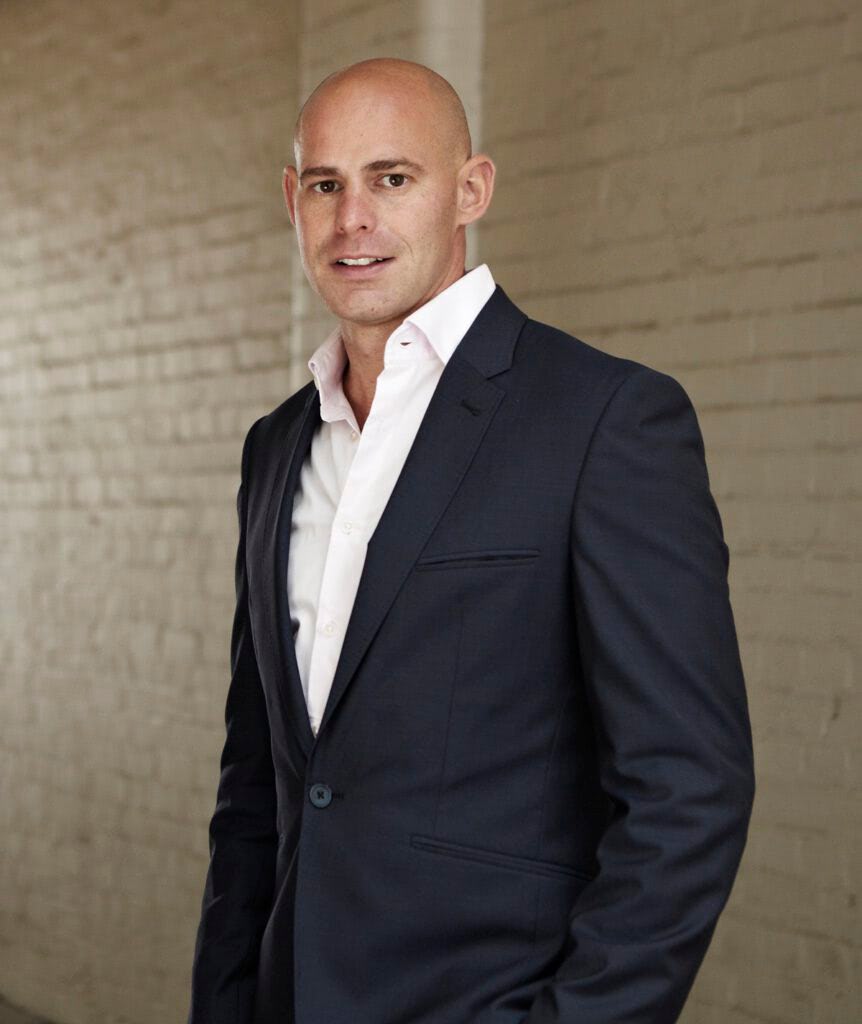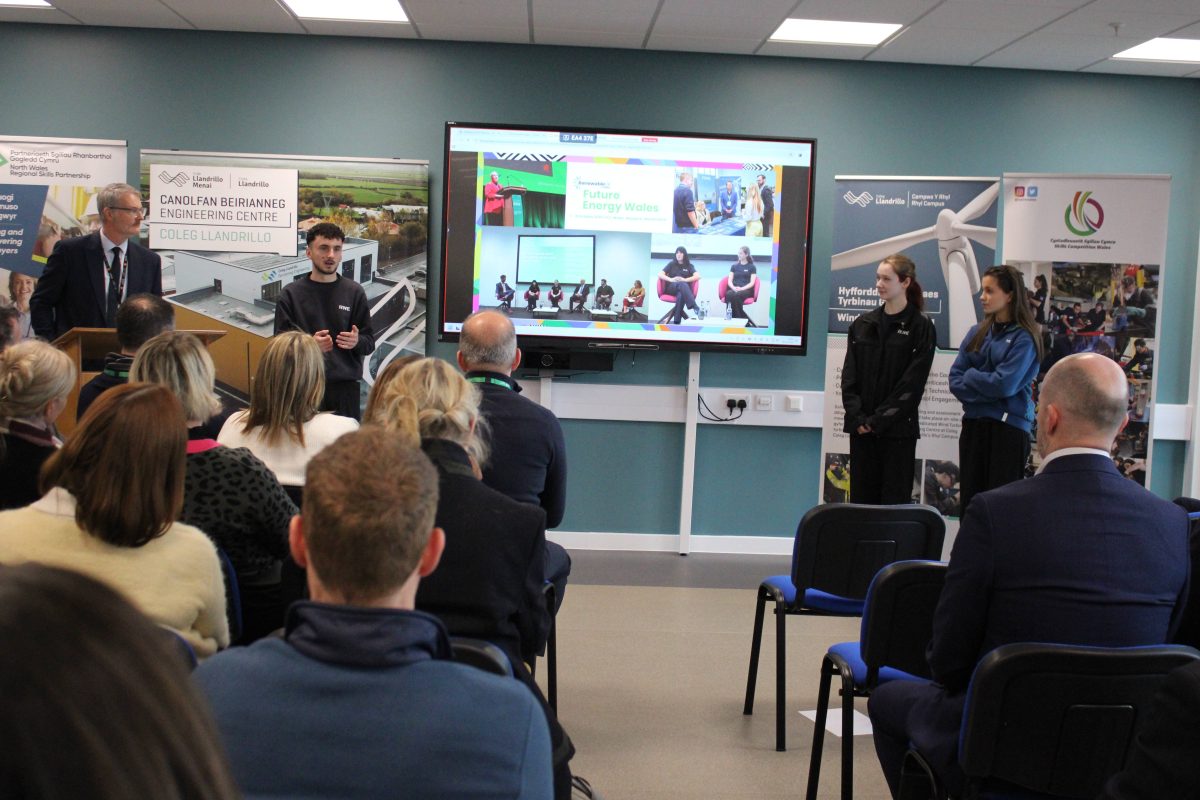Half of education professionals believe their colleagues don’t work hard enough

…With the majority claiming that negative co-workers affect how they feel about their job
According to the latest research from leading job board, CV-Library , half (51.4%) of education professionals believe their colleagues don’t work hard enough, with a further 61.9% stating that this impacts how they feel about their job.
The survey explored the topic of professional relationships in the workplace, to find out how education employees feel about their co-workers and whether they’re happy for their colleagues’ successes.
Interestingly, half of professionals in the education sector (49.3%) work with people they dislike or find frustrating, with almost a third (28.8%) of employees also stating that their workplace has a negative atmosphere because of this.
Education professionals then revealed how they felt at work as a result of others’ negativity, with the top five responses including:
- Low morale across the team – 46.2%
- Wanting to leave the company – 30.8%
- Dreading going to work – 7.8%
- Want the colleagues involved to leave – 7.7%
- Dislike the co-workers causing it – 7.6%
Lee Biggins, founder and managing director of CV-Library comments on the findings:
“It’s concerning to learn that half of education professionals feel their fellow workers aren’t pulling their weight. This can be demotivating, unfair and frustrating for employees. What’s more, the negativity that professionals are reporting is bad news for both workers and businesses.
“Having positive working relationships is important in order to work well as a team and co-operate with others. Not to mention that friendships at work can help to make the working days more enjoyable, giving opportunities for support and socialising.
“If you’re facing negative or difficult colleagues who make you want to leave your role, or cause low morale and a bad working environment, it might be time to discuss these feelings with your manager. After all, no one should be made to dislike their job by another’s bad attitude.”
What’s more, the study revealed that despite the majority (90.4%) of education professionals saying that they do always support their colleagues, 29.2% become jealous when their co-workers get a promotion.
Furthermore, almost a third (30.1%) admit to discussing salaries with their colleagues, with 31.8% becoming jealous if they don’t earn as much, or that their co-worker received a pay rise.
Biggins continues:
“While professionals in the education sector do claim to support their colleagues, it’s apparent that this can be challenging when competition, pay and the desire for success gets in the way. Work can be stressful, so it’s important that employees do have those support systems in place to help them. Plus it’s a shame that a number of people admit to feeling jealous of their co-workers success.
“If you’ve missed out on an opportunity, promotion or pay rise that your colleague received, remember that you shouldn’t compare your success to theirs. However, it might be worth asking for feedback from your manager to find out what you can do next time.”











Responses